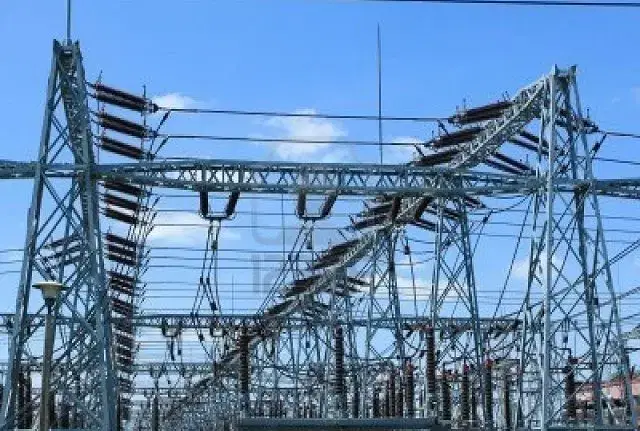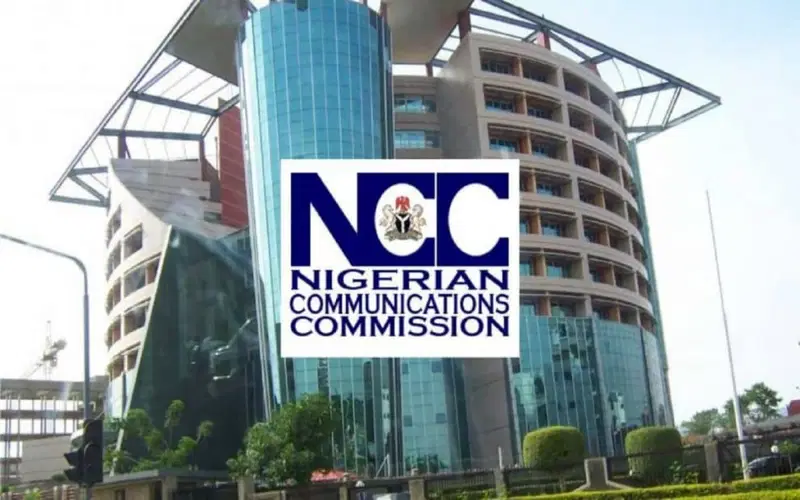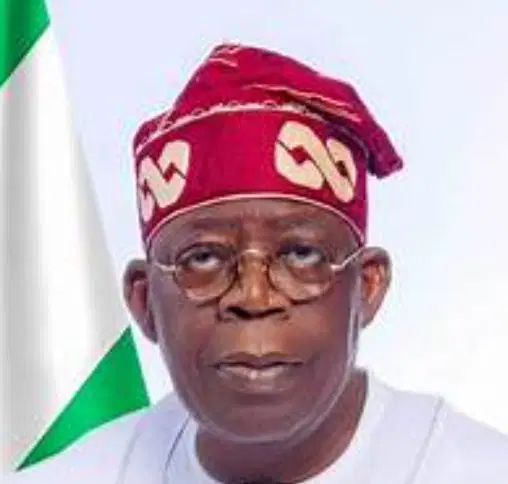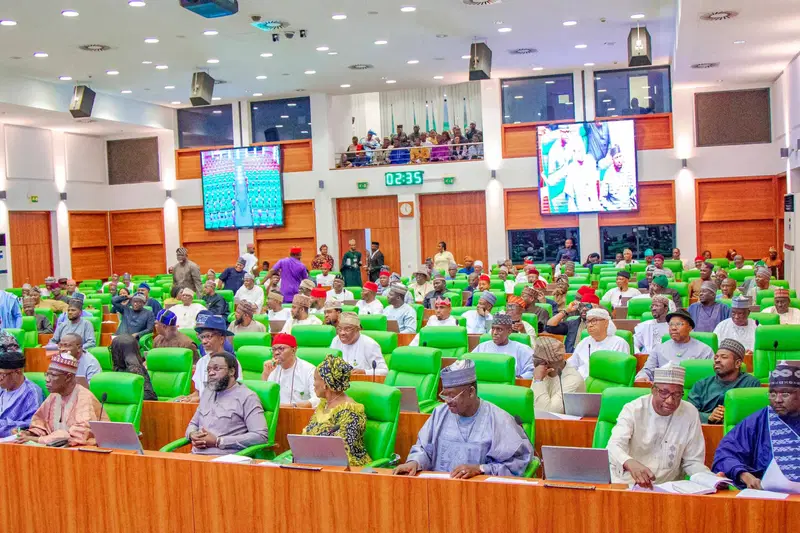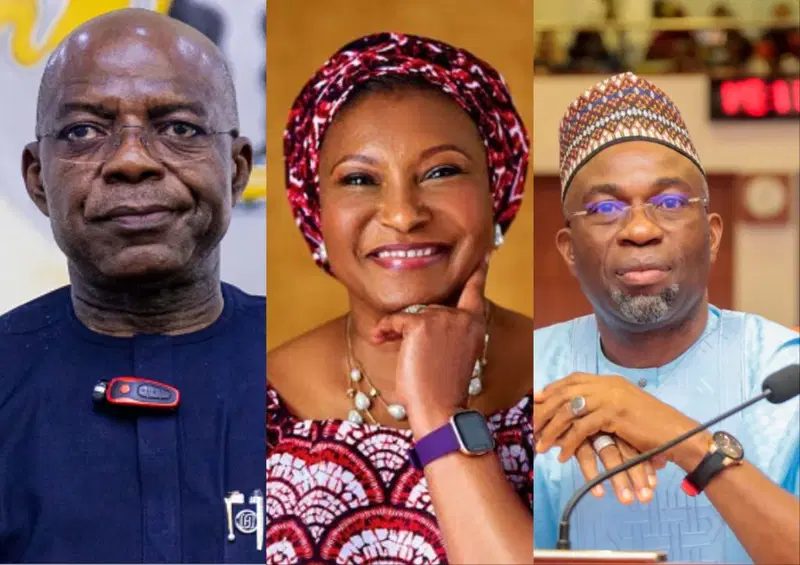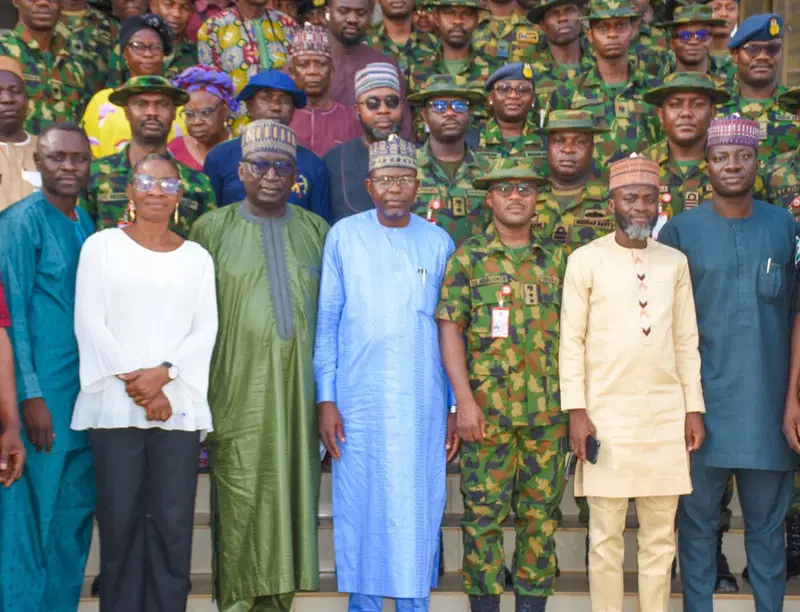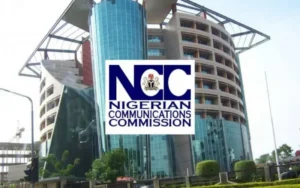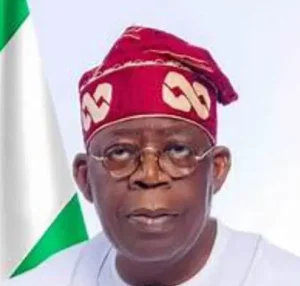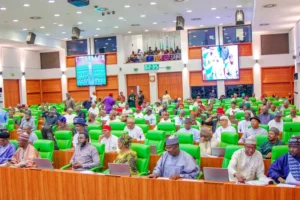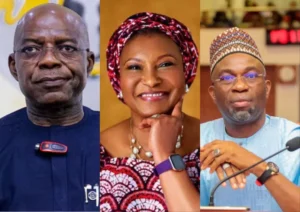- Nigeria’s national grid faces repeated failures, causing power outages and economic uncertainty.
- The country’s power infrastructure is outdated, overstretched, and reliant on centralized generation.
- Underfunding, mismanagement, and lack of long-term planning have hindered progress.
- Decentralized energy solutions and renewable energy sources can reduce strain on the national grid.
- Stronger regulatory oversight and transparency are crucial to prevent mismanagement and corruption.
- Diversifying energy sources, modernizing infrastructure, and education/training in power management are essential.
- Community involvement and foreign investment can support sustainable solutions.
- A reliable power supply is critical for Nigeria’s economic growth, healthcare, education, and quality of life.
Nigeria’s persistent power outages have reached a critical point, with the national grid experiencing repeated failures. This has created a climate of frustration, stagnation, and economic uncertainty.
The most recent grid collapse has left countless Nigerians without power, affecting homes, industries, and essential services. This marks the eighth failure this year, highlighting the nation’s glaring energy deficiencies. Each grid collapse disrupts daily life and threatens Nigeria’s economic stability.
Nigeria’s power infrastructure has suffered from underfunding, mismanagement, and a lack of long-term planning. Historically, government efforts have focused on short-term repairs and quick fixes, which have not led to significant improvements. Experts argue that a sustainable solution requires a complete overhaul, including investment in new technologies and infrastructure.
The current centralized generation system is a fundamental problem. Decentralized energy solutions, such as mini-grids and renewable energy sources, would reduce strain on the national grid and provide more stable power to remote and rural areas.
Stronger regulatory oversight is also crucial, enforcing standards, improving accountability, and ensuring transparency in project implementation. An independent regulatory body could help prevent mismanagement and corruption.
Diversifying energy sources, particularly investing in solar, wind, and hydropower, would reduce dependence on traditional sources. Renewable energy is environmentally sustainable and offers long-term economic benefits.
Foreign investment could also revamp Nigeria’s power infrastructure, but requires stability and transparent policies. Modernizing existing infrastructure with smart grid technologies is essential for better demand management and real-time monitoring.
Education and training in power management are vital, building local expertise to manage and maintain a modern grid. Community involvement ensures solutions tailored to specific needs.
A lasting solution would benefit Nigeria’s economy, businesses, and citizens. Reliable electricity would improve healthcare, education, and quality of life. Nigeria’s economic future, national security, and social well-being hinge on solving the power crisis. The government must prioritize long-term investments to break the cycle of grid failures and position Nigeria as a leader in energy resilience in Africa.

